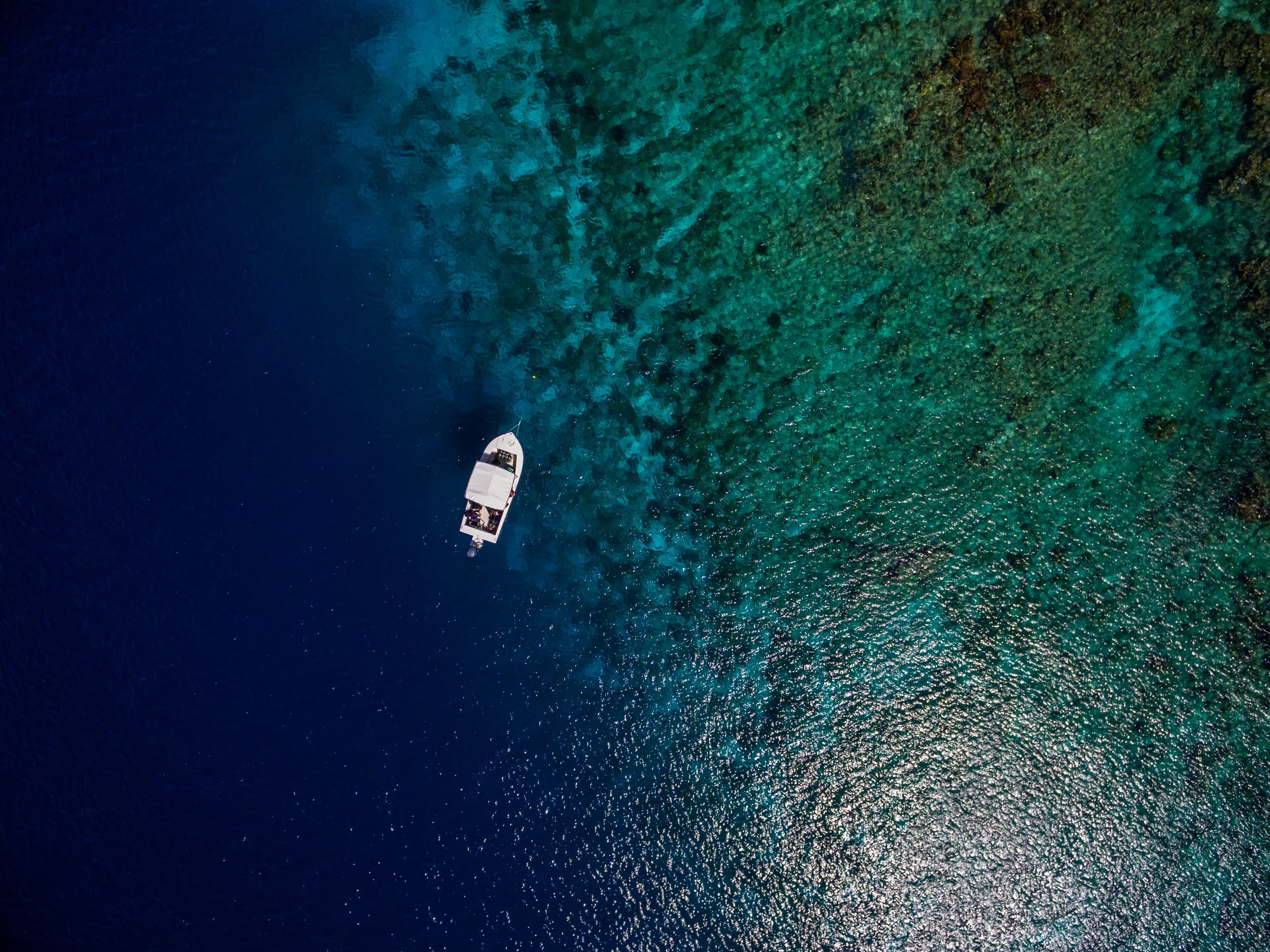According to the World Bank, the blue economy is the way ocean resources are used sustainably to benefit livelihoods, ocean ecosystems, and economies. It deals with economic activities that are related to seas and oceans. Some of these activities include fishing, maritime shipping, coastal tourism, water desalination, and much more.
As per the UN environment programme, the value of the blue economy is anticipated to be over US$1.5 trillion per year worldwide. In recent years, the ‘green economy’ has received a lot of attention, which is primarily focused on land-related activities to empower a low-carbon future. Along the line, the new interest in the ‘blue economy’ has also gained traction. As predicted by the OECD, the water economy may increase in size to around $3 trillion by 2030.
Therefore, let’s explore more about the blue economy in this blog.
Oceans Vs. Sustainable Development
Sustainable Oceans are managed under sustainable development (SGD), which is number 14. It is to conserve oceans, marine resources, and seas to use them sustainably. There are around 7 goals to achieve by 2030 to promote a sustainable water economy. The progress regarding this has been limited and there have only been some improvements related to sustainable fisheries, and Marine Protected Areas (MPAs).
Oceans are a vital component of development as they provide pathways for jobs, food, and more importantly, climate regulation. Many unsustainable practices challenge the marine ecosystem. If new interests like the water economy become powerful as predicted by the officials, it’ll be possible to achieve the ocean’s sustainability. This will contribute to achieving poverty reduction, climate resilience, and food security.
Key Sectors of Blue Economy
This economy spans several important sectors. All of these sectors contribute to overall economic growth, marine biodiversity, and conservation. Here’s a breakdown of the key sectors:
Aquaculture
Aquaculture trends mean farming aquatic species. This is a fast-growing production globally. It meets the demand for seafood while keeping sustainable approaches in mind.
Sectors like this promote sustainable investments, such as recirculating systems. These systems help reduce environmental impacts and control wastage. This also promotes the usage of resources responsibly, while meeting the bigger goals of food security and marine conservation.
Ocean Tourism
This is one of the prominent economic drivers in many countries. Countries with beautiful coastal regions often consider this a profitable sector. Even though this particular sector has numerous benefits, it’s vital to focus on marine conservation when promoting ocean tourism. Ocean activities, including marine wildlife tours, scuba diving, and snorkeling offer unique experiences to people.
To achieve coastal sustainability, the industry must focus on sustainable practices to safeguard the ecosystems, including coastal habitats, and coral reefs. By focusing on eco-friendly initiatives, it’s possible to promote and empower ocean tourism to enhance the ocean economy.
Marine Biotechnology
This is used to explore ecosystems and organisms in oceans and seas for blue innovation. Through blue innovation, new technologies, and products are found to support industries such as agriculture, pharmaceuticals, and cosmetics.
This particular sector has great innovation potential that can make people’s lives and living standards better globally. The research deals with obtaining valuable elements from marine sources for renewable biofuels, sustainable agriculture techniques, and medical treatments. Marine technology ensures responsible usage of resources, promoting blue carbon as well.
Blue carbon is a vital component that helps to manage climate change, safeguards coastal erosion, improves water quality, and much more. Therefore, sectors like this foster a sustainable economy.
Marine Renewable Energy
The ocean is a resource itself because the more you dig deeper, the more resourceful it gets. One such resource is renewable energy. This sector is utilized using technologies, including wave energy, tidal energy, and offshore wind farms. These technologies have the potential to support global energy production.
Through this sector, the world can adopt clean energy, by relying less on fossil fuels. As there is an increase in demand for this sector, the opportunities for better investment are high. This can promote economic growth and sustainability in the ocean economy. Overall, it will reduce the impact on the environment due to energy production.
Conclusion
From eco-friendly fishing to ocean startups, everything involved in making the blue economy a success is doing a great job till now.
According to statistics, and studies, it shows that there is potential for the blue economy to enhance the overall economy of the oceans and seas, which will also enhance the livelihood of people, natural resources, and the world entirely.
